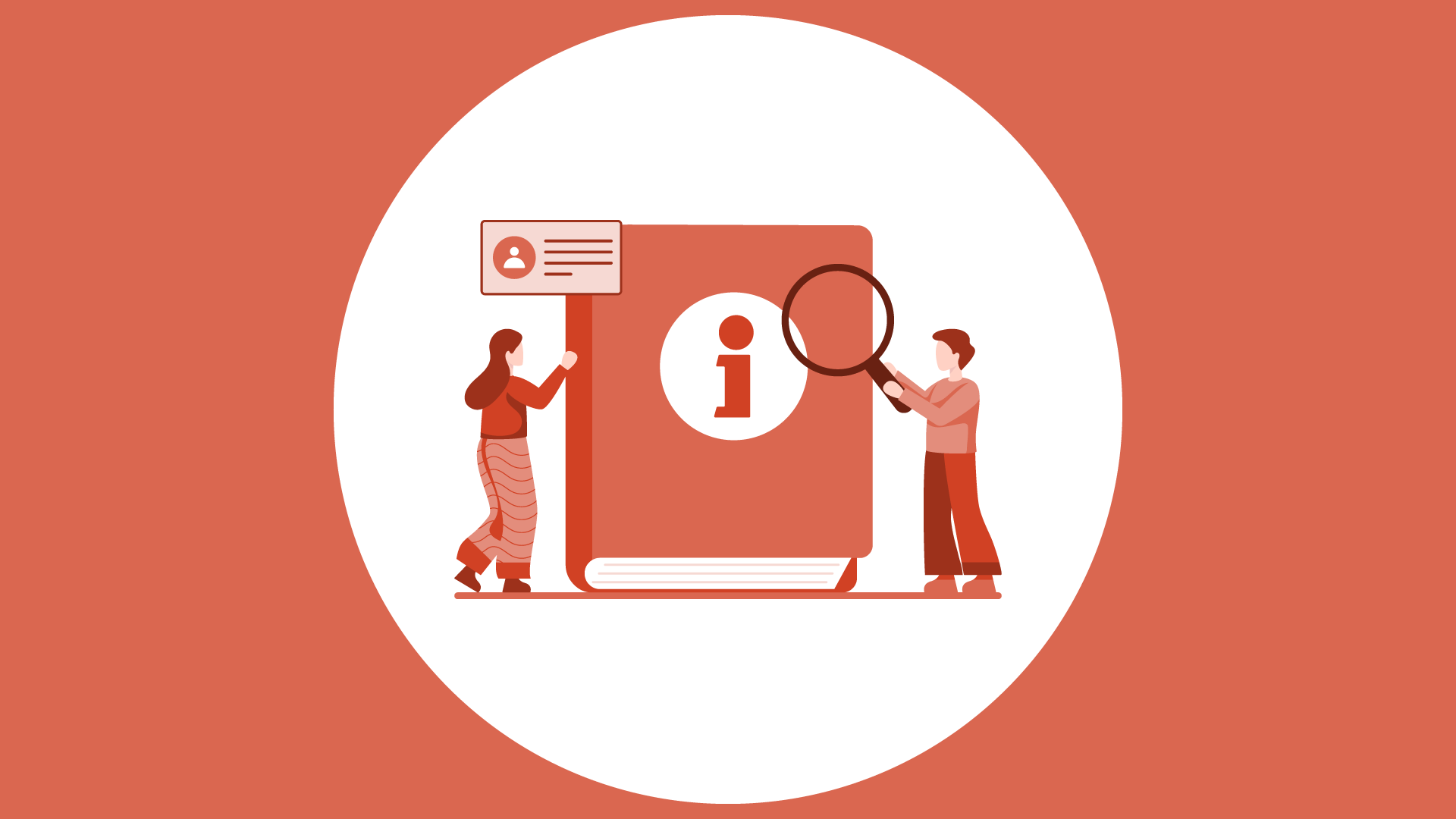
If you’re new to the world of construction project management or looking to enhance your skills, this comprehensive guide will provide you with a solid foundation. Whether you’re a contractor, architect, or aspiring project manager, understanding the key principles and best practices of construction project management is essential for success.
In this guide, we’ll explore the fundamentals of project management, from planning and budgeting to scheduling and risk management. So, let’s get started on your journey to becoming an effective construction project manager!
The Role of a Construction Project Manager
Construction project managers play a critical role in ensuring the successful execution of projects from inception to completion. Their responsibilities include overseeing project timelines, budgets, quality control, and stakeholder management. They act as the main point of contact for clients, subcontractors, and other team members involved in the project. As a construction project manager, it’s crucial to have excellent communication, organizational, and problem-solving skills.
A project manager is responsible for coordinating and integrating various aspects of a construction project, including planning, design, procurement, construction, and closeout. They ensure that the project meets the client’s requirements, is completed within the allocated budget and schedule, and adheres to quality and safety standards.
Preparing for a Construction Project
Before diving into the actual construction work, thorough planning and preparation are essential during the pre-construction phase. Start by clearly defining project goals, objectives, and deliverables. This will help you establish a solid foundation and provide a roadmap for the entire project. Create a detailed project plan that includes key milestones, tasks, and timelines.
During the planning phase, conduct feasibility studies, site assessments, and environmental impact assessments, if necessary. Engage with architects, engineers, and other professionals to develop a comprehensive understanding of the project’s requirements and constraints.
Next, develop a comprehensive budget by estimating costs for labor, materials, equipment, and contingencies. This budget will serve as a guideline for financial management throughout the project. Ensure that the budget is realistic and accounts for potential changes or unforeseen circumstances.
Once the project plan and budget are in place, establish a project team. Identify the required skill sets and expertise for each role and carefully select individuals who align with the project’s goals and values.

Learn how the owner of a small construction company used software to streamline operations
Building the Project Team
A successful construction project relies on a skilled and motivated team. As a project manager, your role involves assembling the right team members and fostering collaboration. Identify the required skill sets and expertise for each role and carefully select individuals who align with the project’s goals and values.
Clearly define the roles and responsibilities of team members, establishing lines of communication and reporting. Foster a positive team culture, encouraging open communication and problem-solving.
Once the team is in place, conduct team meetings to establish clear lines of communication, set expectations, and build rapport. Encourage collaboration and open dialogue among team members, fostering an environment that values diverse perspectives and ideas.
In addition to the core project team, project managers must effectively manage relationships with external stakeholders, such as clients, subcontractors, suppliers, and regulatory authorities. Maintain open lines of communication with stakeholders and address any concerns promptly.
Project Execution and Monitoring
When the construction project begins, it’s crucial to monitor progress, ensure adherence to the schedule, and maintain quality control. Regularly communicate with team members, address any issues promptly, and provide guidance when needed. Monitor the project budget closely and make adjustments as necessary to avoid cost overruns.
Implement effective project management tools and software to streamline communication, track progress, and manage documents. Regularly review and update project plans, adjusting timelines and tasks as required.
Monitor the project budget closely and make adjustments as necessary to avoid cost overruns. Track expenses, compare them against the estimated budget, and identify areas where costs can be controlled or optimized. Regularly review financial reports and engage with the finance team to ensure accurate and up-to-date financial management.
Regularly review and update project plans, adjusting timelines and tasks as required. This flexibility allows you to adapt to unforeseen circumstances, such as weather delays or changes in scope. Conduct regular project progress meetings to assess the status of deliverables, address any challenges, and make necessary adjustments to keep the project on track.
Managing Risks and Challenges
Construction projects often face unforeseen challenges and risks. As a project manager, it’s essential to identify potential risks and develop mitigation strategies. Conduct regular risk assessments and implement appropriate measures to minimize or eliminate potential problems.
Implement a robust change management process to handle changes in project scope or requirements. Assess the impact of changes on the project timeline, budget, and resources before approving them. Maintain accurate documentation of change requests and obtain necessary approvals to avoid scope creep and budget overruns.
Invest in quality control and assurance measures throughout the construction process. Regularly inspect workmanship, materials, and adherence to specifications to ensure the highest quality standards are met. Engage with quality control professionals and implement corrective actions when necessary.
The Road to Success
Construction project management is a multifaceted discipline that requires a blend of technical, managerial, and interpersonal skills. By understanding the key principles and best practices outlined in this beginner’s guide, you’ll be well-equipped to navigate the complexities of construction project management.
Remember, effective planning, strong leadership, and proactive risk management are essential for success. Embrace continuous learning and improvement, as the field of construction project management is constantly evolving. With dedication and a commitment to excellence, you’ll be on your way to becoming a skilled construction project manager.
